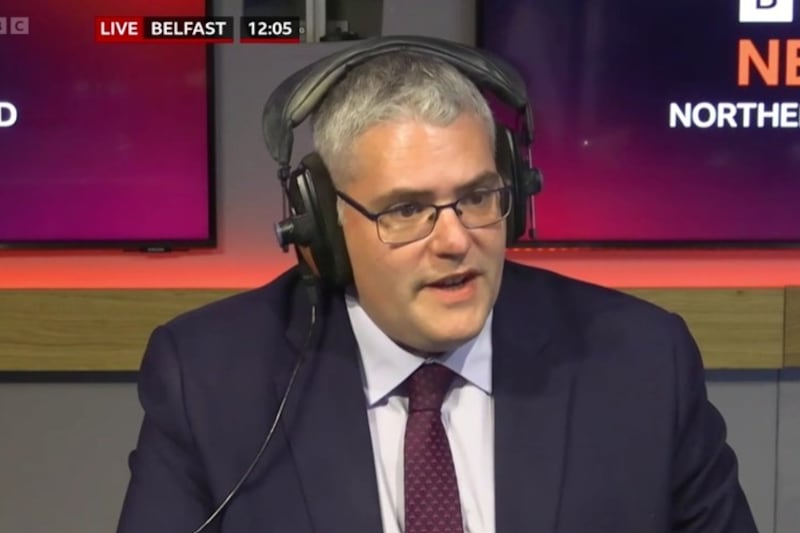THE DUP still wants to scrap Stormont's Petition of Concern – but says that "so long as the current structures exist, we will continue to use them".
It comes after same-sex marriage campaigners said the DUP had refused to rule out using the veto to block future legislation.
The Love Equality group, which met the DUP for the first time on Tuesday, welcomed the discussion but voiced disappointment over the party's stance.
However, last year DUP leader Arlene Foster said she wanted the Petition of Concern "got rid of".
All-party talks are continuing in a bid to restore devolution at Stormont, a year on from its collapse after Sinn Féin walked out of the executive.
Some MLAs have suggested many of the areas of disagreement could be resolved by removing or restricting the Petition of Concern (PoC).
Sinn Féin, SDLP, UUP, Alliance and the Green Party say PoC should be "reformed" rather than removed.
Petition of Concern: Remove or reform? Here's the main Stormont parties' proposals on what to do.
— Brendan Hughes (@brendanhughes64) February 1, 2018
Finally being publicly discussed as a central issue after a year of deadlock.
https://t.co/06O372PDmu pic.twitter.com/TANKy6EoCY
The Petition of Concern (PoC) is a veto that has been used by various parties over the years to block decisions on a variety of issues.
A valid PoC requires the signatures of 30 MLAs.
If these are secured, an assembly vote can then only pass if supported by 60 per cent of MLAs voting, including at least 40 per cent of each of the nationalist and unionist designations present and voting.
The PoC mechanism has previously been used by the DUP to block majority assembly support of same-sex marriage.
However, the DUP no longer has the numbers to secure it on its own, and would require support from another two MLAs.
Asked yesterday to clarify its position, the DUP said it still wants PoC removed – and blamed other parties for wanting to retain it.
In a statement a party spokesman said: "The DUP proposed scrapping the Petition of Concern but this was rejected by other parties.
"We stand by that proposal to normalize the assembly structures.
"Whilst complaining about the mechanism, most of the assembly parties want to retain it so they can use it when it suits their needs."
"If there is now support for a fundamental reform of the assembly structures, then we would welcome that," the spokesman added.
"However, so long as the current structures exist, we will continue to use them."
Sinn Féin said it wants PoC restricted to "specific criteria in line with the Good Friday Agreement and consistent with equality legislation".
"An independent body would then adjudicate on whether any attempt to deploy the PoC complies with this criteria," a spokesman said.
SDLP deputy leader Nichola Mallon said reforming PoC "could unlock a lot of the problems holding back the formation of a government".
Alliance yesterday published its proposed PoC protocol, which involves restricting its use to certain areas and appointing a "legally qualified" five-member panel through a public appointments process to adjudicate on its use.
The UUP said it also wants PoC reformed and "returned to its original purpose – to protect the minority".








